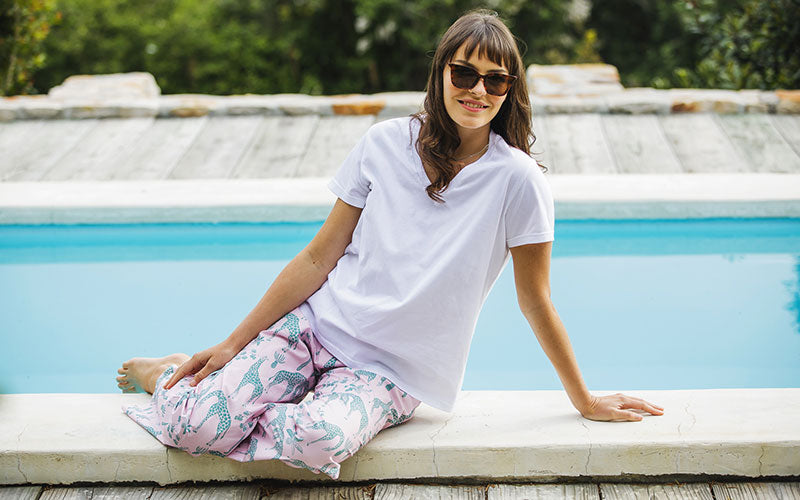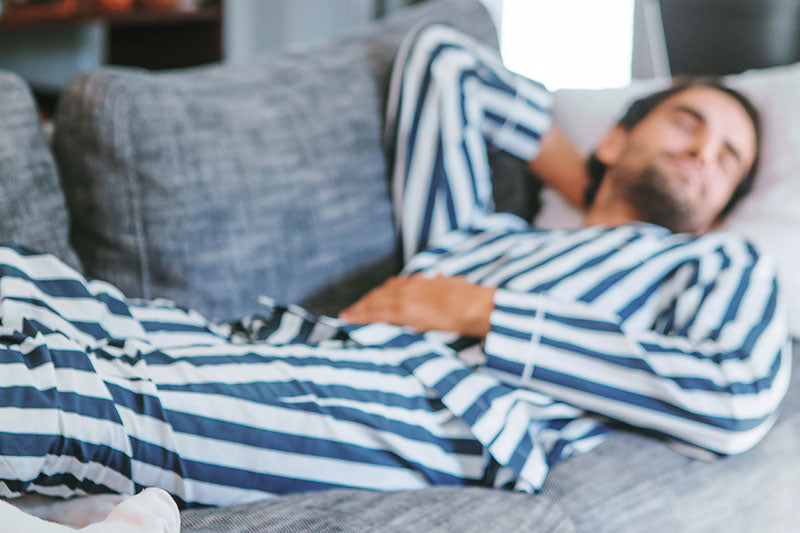In today’s fast-paced society, the pressure to be constantly productive can make the idea of relaxation feel like a luxury rather than a necessity. Yet, taking time to relax is essential—not only for maintaining physical and mental health but also for improving overall quality of life. Relaxation is more than just taking a break; it’s a vital part of living a balanced and fulfilling life.
Physical Health Benefits
One of the most immediate and measurable benefits of relaxation is its impact on physical health. Chronic stress has been linked to a wide range of health issues, including high blood pressure, heart disease, weakened immune function, and digestive problems. When we relax, our bodies reduce the production of stress hormones like cortisol and adrenaline, allowing our heart rate, blood pressure, and muscle tension to decrease.
Simple relaxation techniques such as deep breathing, stretching, or taking a leisurely walk can help regulate these bodily functions. Over time, making relaxation a regular part of your routine can reduce the likelihood of developing stress-related illnesses and promote a longer, healthier life.
Mental and Emotional Well-being
Beyond physical health, relaxation plays a crucial role in mental and emotional well-being. Prolonged stress can lead to anxiety, depression, irritability, and difficulty concentrating. Taking time to relax allows the brain to slow down and recover from constant stimulation, improving focus, creativity, and emotional resilience.
Engaging in relaxing activities—like reading, listening to music, meditating, or spending time in nature—gives the mind a chance to reset. Even short moments of calm can improve mood and create a sense of peace and control. In this way, relaxation acts as a natural buffer against the emotional rollercoaster of everyday life.
Improved Productivity and Creativity
Ironically, taking breaks and allowing time for rest can make us more productive in the long run. Studies have shown that people who take regular breaks throughout the day tend to perform better, think more clearly, and solve problems more effectively than those who push through without resting.
Relaxation fosters creativity by giving the brain the downtime it needs to make new connections. Many people report that their best ideas come when they’re not actively trying—while showering, walking, or daydreaming. This happens because the brain continues to process information subconsciously when it’s in a relaxed state.
Building Better Relationships
Relaxation also benefits social connections. When we are calm and centred, we’re more present with others and better able to communicate, empathise, and listen. Constant stress can make people short-tempered, distant, or emotionally unavailable. By prioritizing relaxation, we create a more positive atmosphere in our relationships, both personal and professional.
Creating a Healthy Routine
Incorporating relaxation into daily life doesn’t require major changes. It can be as simple as setting aside 10 minutes a day to breathe deeply, stretch, or unplug from screens. Mindfulness, yoga, and even hobbies like painting or gardening can also serve as effective relaxation practices.
The key is consistency. When we make relaxation a regular habit rather than an occasional indulgence, it becomes a powerful tool for managing life’s challenges.
Conclusion
Relaxation is not a sign of laziness or weakness; it’s a sign of self-awareness and strength. In a world that glorifies hustle and constant activity, taking time to rest is a revolutionary act of self-care. Whether it’s a moment of silence in the morning or a peaceful evening walk, carving out space to relax can transform your health, mindset, and relationships. The more we embrace relaxation, the more we can show up fully—recharged, resilient, and ready for whatever comes next.













